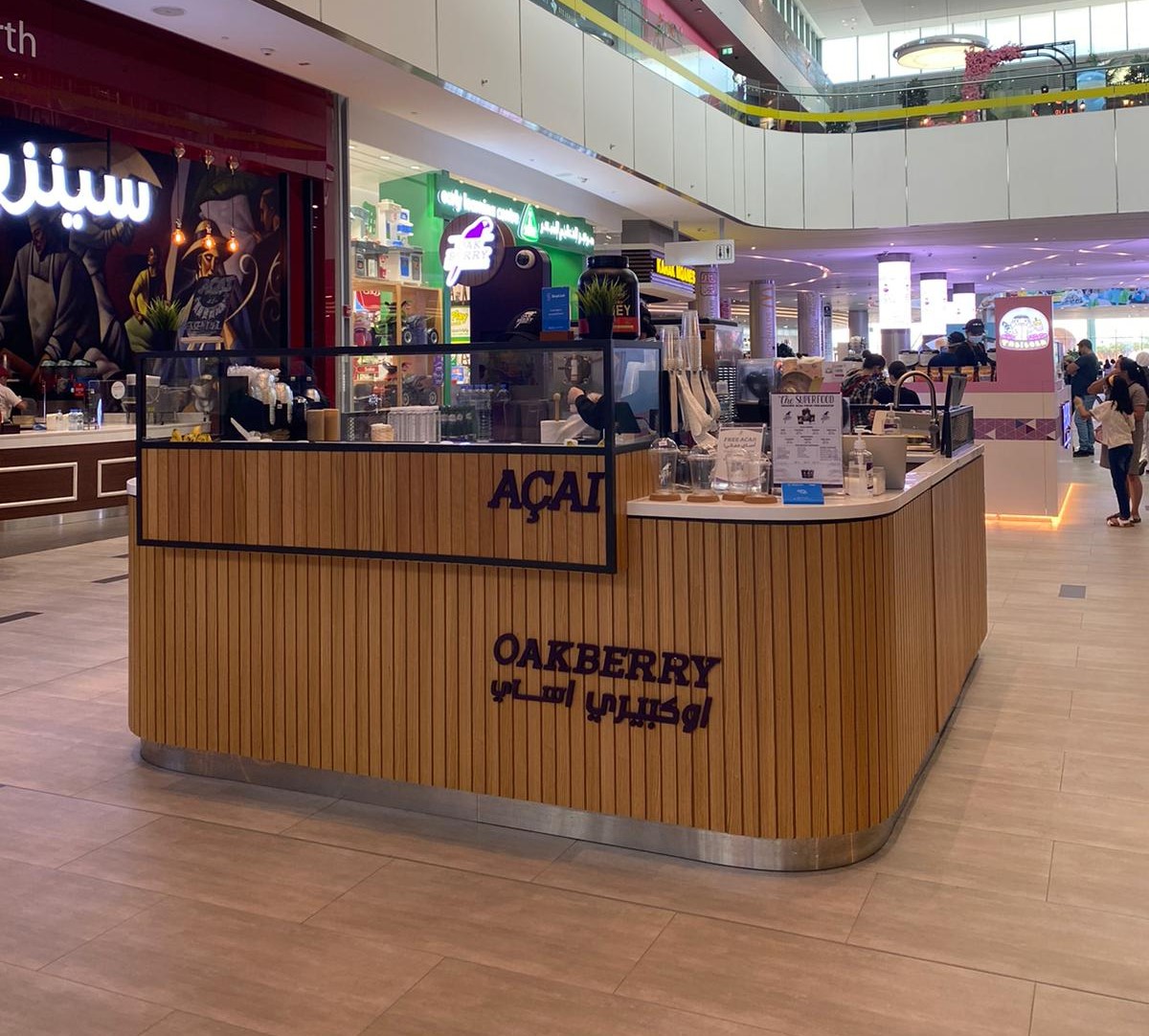Take a seat at Guadalajara’s Karne Garibaldi restaurant and you will barely have time to admire the bright murals of local landmarks and mariachi musicians that adorn the walls before a steaming plate of carne en su jugo (literally “meat in its juice”) is placed before you.
A local institution, Karne Garibaldi holds the Guinness World Record for the fastest ever food service, with the waiters laying out a full menu in just 13.5 seconds on August 31, 1996.
“It began as a game between the waiters to see who could bring the food to each table the fastest,” Daniel Flores, the manager of the largest of Karne Garibaldi’s six branches, told me as his staff brought out a full spread. “That competition led to us attempting the Guinness Record.”
Almost 20 years later, the waiters still pride themselves on the speed of their service and most customers will find their food has arrived within one minute of ordering. It helps that carne en su jugo—a regional specialty native to Guadalajara and the western state of Jalisco—is the only main course on the menu.

The dish is traditionally made by mothers who use family recipes passed down over generations, Flores noted, but since its foundation in 1970, Karne Garibaldi has become synonymous with the dish.
Served in rustic clay plates made by artisans in the city’s Tonaládistrict, it is essentially a meaty broth with chunks of succulent beef and crispy bacon. It is accompanied with homemade corn tortillas lightly glazed in pig fat, which are meant to be rolled up and dipped into the broth.
Diners can also season the dish with their choice of a tomatillo-based salsa, lime juice, chopped cilantro, diced raw onion, whole grilled spring onions, and chiles toreados. It is best washed down with a mug of horchata, hibiscus water, or a cold beer, while those who want a more fiery experience can ask Flores to bring out the chile piquín he grows onsite.
Karne Garibaldi’s carne en su jugo recipe is a closely kept secret, but most recipes begin with frying chopped up bacon in a pan until it’s crispy. After removing it and putting it to one side, you fry minced beef or diced steak in the pan until it is browned, before adding pinto beans and a blended mix of tomatoes or tomatillos with garlic, serrano peppers, water, a little chicken stock, and salt and pepper to taste. Cover the pan and leave it to simmer for about an hour before stirring in the crispy bacon and serving it up.
Karne Garibaldi also sells side orders such as guacamole, queso fundido, and quesadillas bathed in meat juice or stuffed with beef, chorizo, bacon, or mushrooms. But the complimentary house frijoles mixed with chunks of sweet corn are by far the most important side dish.

The full spread at Karne Garibaldi.
“People love our frijoles. In fact the majority of our clients come for the frijoles,” Karne Garibaldi’s director of marketing, Emigdio Romo, told me as I scooped a load of the salty refried beans onto a tortilla chip.
The beans are so popular that Karne Garibaldi, which only has six branches in Guadalajara, sells them in tinned form in supermarkets all across Mexico. There are plans to open more franchises across Mexico and then the United States in the near future, Romo revealed, but first the owners plan to export their famous frijoles to the United States, Canada and Europe.
Karne Garibladi has come a long way from its first incarnation, which amounted to four plastic tables laid out on a street in Guadalajara’s working class Santa Teresita neighborhood, Romo noted. It has suffered hiccups along the way, with franchises in other Mexican cities closing down. The competition has also heated up in the last 20 years, with the arrival of more and more global fast food chains in Mexico.
“Of course the competition has increased a lot. So many franchises from all over the world have opened here,” Romo said. “The handicap we have is that we’re positioned in between fast food and traditional restaurants.”
The solution has been to target working men and women who want an affordable, quality lunch (you can eat very well here for under $10 a head) but don’t have time to go to a sit-down restaurant.
“We get a lot of families at weekends, but during the week it’s mostly professionals who want to eat quickly and get back to work,”Flores said. As well as running a delivery service, his branch even has a 20-seater minibus that will collect large groups from offices or hotels across Guadalajara, bring them to the restaurant, and take them back afterwards, all free of charge.
The publicity from setting the Guinness World Record has also helped Karne Garibaldi to draw tourists from across Mexico, the United States, and Europe—so they cannot afford to let their standards of service slip.
To keep things quick but not chaotic, staff are trained to communicate by hand signals, while a green light beside the kitchen flashes on whenever an order of quesadillas is ready. New employees must start behind the bar or washing dishes until they are deemed ready to wait tables.
Upon finishing their main course, customers can round their meal off with a guayaba or chocolate mousse, rice pudding, a corn-based flan, jericalla (a local take on a crème caramel), a mug of café de olla (coffee sweetened with sugar and cinnamon), or even a complimentary shot of Tequila Patrón.
Then it’s back to work, with a full stomach and minimal time wasted.
Source: vice.com






Leave A Comment
You must be logged in to post a comment.